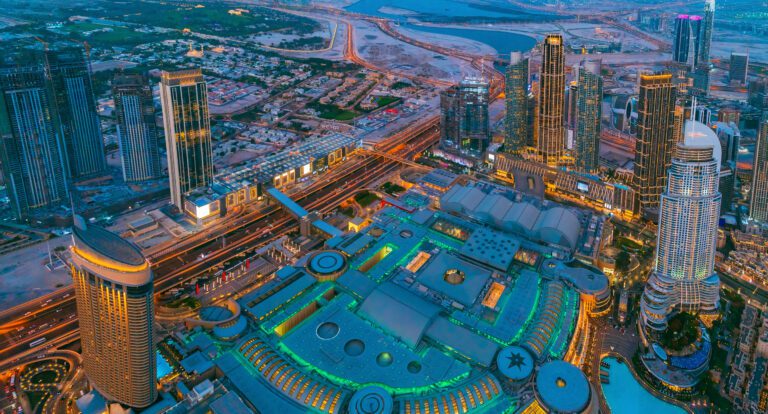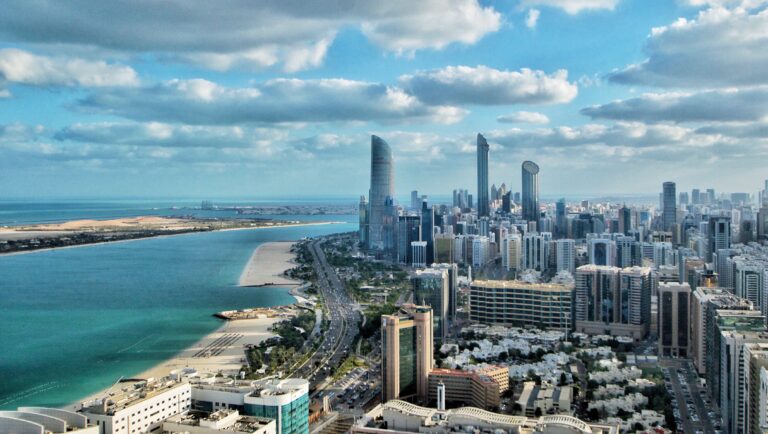The UAE has implemented regulations to prevent companies from using aggressive pricing strategies aimed at driving competitors out of the market. This new law defines fair competition as conducting economic activities through market mechanisms that do not harm trade, development, or consumer interests. It seeks to ensure fair competition, prohibit monopolistic practices, and protect consumer rights nationwide. Additionally, the law will oversee mergers and acquisitions within the local market.
The Ministry of Economy will monitor and collaborate with local authorities to conduct inspections, ensuring fair competitive practices. They will also respond to complaints as necessary. These measures were detailed during a media briefing unveiling Federal Decree-Law No. 36 of 2023 on competition regulation, which aims to promote competition, combat monopolies, and address harmful economic concentration affecting consumers in the UAE.
Penalties and fines for non-compliance by companies are currently under review and will be finalized upon Cabinet approval.
Abdullah Ahmed Al Saleh, Undersecretary of the Ministry of Economy, stated that the new law aims to combat monopolistic practices by creating a supportive environment for businesses, thereby enhancing effectiveness, competitiveness, and safeguarding consumer interests.
He emphasized the promotion of market economy principles and economic activities aligned with economic freedom, with strict monitoring of economic concentration. The law’s provisions address any factors that may undermine, limit, prevent, or restrict competition. Key goals include protecting consumers from anti-competitive practices, promoting economic efficiency, and advancing marketing and research and development efforts.
Conditions
Under the new law, economic concentration refers to the situation where a limited number of firms exert significant control over a specific industry. This includes actions such as complete or partial transfers of property ownership, rights, equity, shares, or obligations between establishments, enabling direct or indirect control over other establishments or groups.
The law specifically considers the annual sales value of the involved enterprises, not just their market share, in determining economic concentration. To proceed with such transactions, two conditions must be met: firstly, the total annual sales of the establishments in the relevant market must exceed a threshold set by the Cabinet based on ministerial recommendations from the previous fiscal year. Secondly, the combined market share of these establishments must surpass a percentage determined by the Cabinet relative to total transactions in the relevant market during the same period. The Executive Regulation associated with this law outlines the procedures for submitting applications for economic concentration, including required documents and examination processes.
Companies are encouraged under this framework to provide feedback on proposed economic concentration projects and offer data or information that could aid in evaluating these requests, aligning with international competition standards.
Efforts are currently underway to develop a more responsive and sustainable competitive system, with plans to introduce pioneering legislation, initiatives, and programs aimed at positioning the UAE as a global hub for the new economy within the next decade. The law also assigns new responsibilities to the Competition Regulation Committee, including proposing policies for protecting competition, scrutinizing issues related to law enforcement, and issuing recommendations in this regard.






